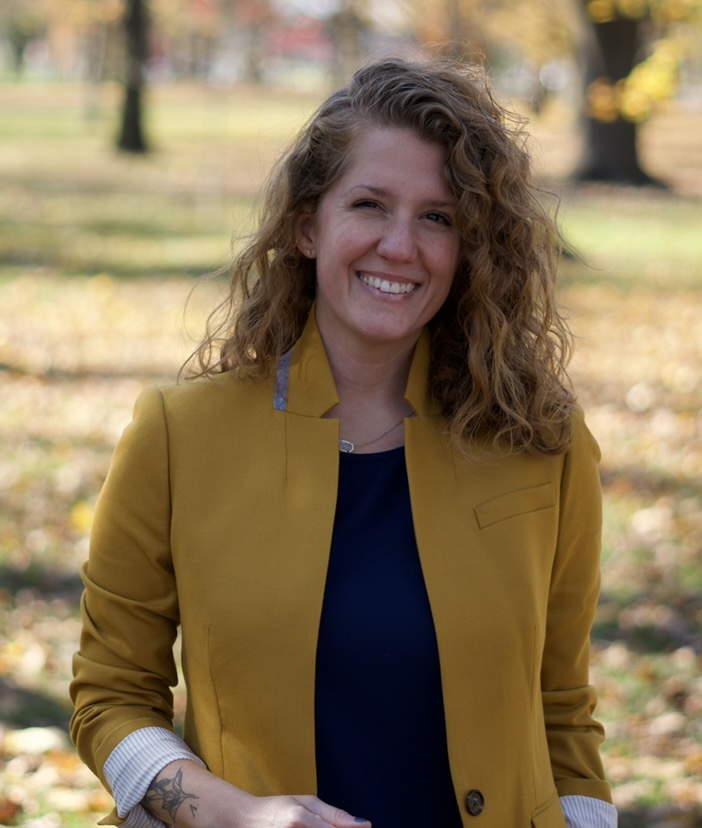Culture / Ethnicity / Race
Advocating for Diversity in Cognitive Behavioral Therapy: A Case Study of the Diversity Action Committee within the Academy of Cognitive and Behavioral Therapies
(PS10-19) Advocating for Diversity in Cognitive Behavioral Therapy: A Case Study of the Diversity Action Committee Within the Academy of Cognitive and Behavioral Therapies

Lizbeth Gaona, Ph.D.
Assistant Professor
California Baptist University
Placentia, California, United States- ML
Michael Likier, Other
Psychologist
Multicultural CBT Center
Flemington, New Jersey, United States 
Mudita A. Bahadur, Ph.D.
Psychologist
Private Practice
Santa Monica, California, United States
Hollie Granato, ABPP, Ph.D.
Clinical Psychologist
University of Texas at Austin
Austin, Texas, United States
Jamie Schumpf, Psy.D.
DCT, Clinical Associate Professor
Yeshiva University - Ferkauf Graduate School of Psychology
Bronx, New York, United States
Scott Waltman, ABPP, Psy.D.
Psychologist
Center for Dialectical and Cognitive Behavioral Therapies
San Antonio, Texas, United States
Lisa Bolden, Psy.D.
Licensed Clinical Psychologist
Integrative Psychological Consulting
Los Angeles, California, United States
Carmella Tress, Psy.D.
Psychologist
Central Texas VA Healthcare System
Lancaster, Pennsylvania, United States
Author(s)
Co-Author(s)
Over the years the field of cognitive behavioral therapy (CBT) has made progress in both practice and research towards advocating and becoming more diverse, equitable, and inclusive in favor of better serving underrepresented diverse populations. For example, CBT has been adapted for the treatment of depression for Muslims (Mir, 2015) and children diagnosed with trauma in Tanzania and Keyna (Woods-Jaeger, 2017), and several guidelines for broader cultural adaptation of CBT have also been developed (Naeem et al., 2019).
Despite developments, there is still a shortage of certified CBT providers that identify as being from an underrepresented and/or oppressed group. This is critical if the field of CBT aims “to address institutional barriers and related inequities, [and] disproportionalities” as outlined by the American Psychological Association Multicultural Guidelines (2018). Moreover, outreach, engagement, and inclusion of underrepresented providers is key in better being able to service oppressed populations such as increased proportionality of bilingual providers for monolingual clients.
To this end, the Academy of Cognitive and Behavioral Therapies, a credentialing non-profit organization of CBT, launched the Diversity Action Committee in June of 2020. The overarching aim of the Diversity Action Committee is to promote diversity in the field of CBT – in lockstep with the American Psychological Association Multicultural Guidelines (2018) and to support outreach, engagement, and inclusion of underrepresented CBT providers. The Diversity Action Committee has hosted open door professional networking events, provided Fact-Sheets for ABCT on race based trauma, created a scholarship for individuals of color to apply for CBT certification, and has presented multiple peer reviewed presentations at professional conferences. This poster will showcase the structure, aims, and projects of the Diversity Action Committee to date, exploring what we have learned and our evolving future goals. The poster will also provide recommendations based on lessons learned for how interested organizations may adopt similar committees.

.png)
